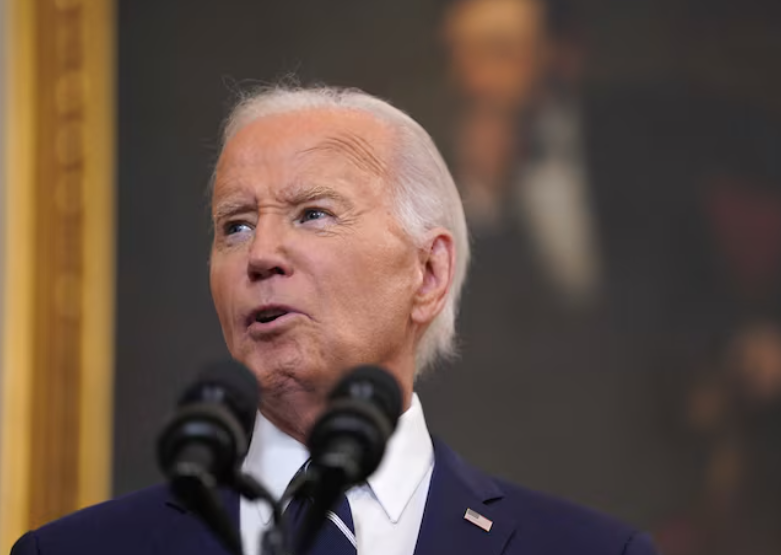President Joe Biden’s recent executive action, aimed at providing a pathway to citizenship for over 500,000 undocumented immigrants, has sparked both hope and disappointment among immigrant communities.
According to a report by the LA Times, while the policy offers protection from deportation for undocumented spouses of U.S. citizens who meet specific criteria, many are left out of the plan despite their deep ties to the United States.
Announced in June 2024, Biden’s policy was framed as a moral and economic imperative to keep families together and integrate more workers into the U.S. economy.
The plan targets undocumented spouses who have lived in the U.S. for at least a decade, have no disqualifying criminal convictions, and pass a rigorous vetting process. These individuals would be shielded from deportation, allowed to work legally, and access immigration benefits available to spouses of U.S. citizens.
However, the policy excludes many individuals whom immigration advocates argue are equally deserving of protection.
Spouses who left the country voluntarily to apply for legal reentry, only to be barred from returning, are among those left out. Others are disqualified due to decades-old border offenses or the failure to pass consular vetting processes that are often criticized as subjective and lacking accountability.
One such couple, Adriana Gutiérrez and her husband José, who reside in the Sacramento area with their four children, find themselves excluded from the new protections.
José, who entered the U.S. illegally over 20 years ago, says she was advised by attorneys not to apply for a green card due to a lifetime reentry ban resulting from a previous deportation.
“We’re together, but we’re living in this shadow,” Adriana told the LA Times, highlighting the harsh consequences of a mistake made decades ago.
The program’s reliance on “parole in place” has also failed to address the plight of spouses who attempted to follow existing immigration laws.
Celenia Gutiérrez, another immigrant spouse, saw her husband, Isaías Sánchez Gonzalez, leave their Los Angeles home in 2016 for a visa interview in Mexico, only to be barred from returning due to consular suspicions related to his tattoos.
Sánchez Gonzalez now lives in Tijuana, separated from his family and unable to benefit from the new policy.
Immigration advocacy groups like American Families United, which represents nearly 20,000 families with complex cases, are pushing for a broader review process.
They argue that the current vetting procedures are too rigid and often result in unfair denials.
“We’re asking for discretion,” said Ashley DeAzevedo, the group’s president, stressing the need for more flexible criteria to accommodate families with long-standing ties to the U.S.
Despite the challenges, the Biden administration acknowledges the need to address these gaps. Tom Perez, a senior advisor to the president, has indicated that the administration is considering how to assist those who followed the rules but remain separated from their families.
The uncertainty surrounding the program has left many in a state of limbo, unsure whether they will qualify for protection or face continued separation from their loved ones.
As the formal regulations for Biden’s plan are anticipated to be released, the debate over who should be included continues.
Advocates and lawmakers alike are calling for more comprehensive measures that recognize the contributions and struggles of undocumented spouses who have built their lives in the U.S.
“You want to keep the American economy strong?” asked Rep. Lou Correa (D-Santa Ana). “We need more workers. And what better worker could you bring into the mainstream than those that have been here 10, 20, 30 years working hard, that have children, grandchildren, have mortgages to pay, have followed the law, paid their taxes?”
The story was culled from a report by Andrea Castillo for the LA Times.

